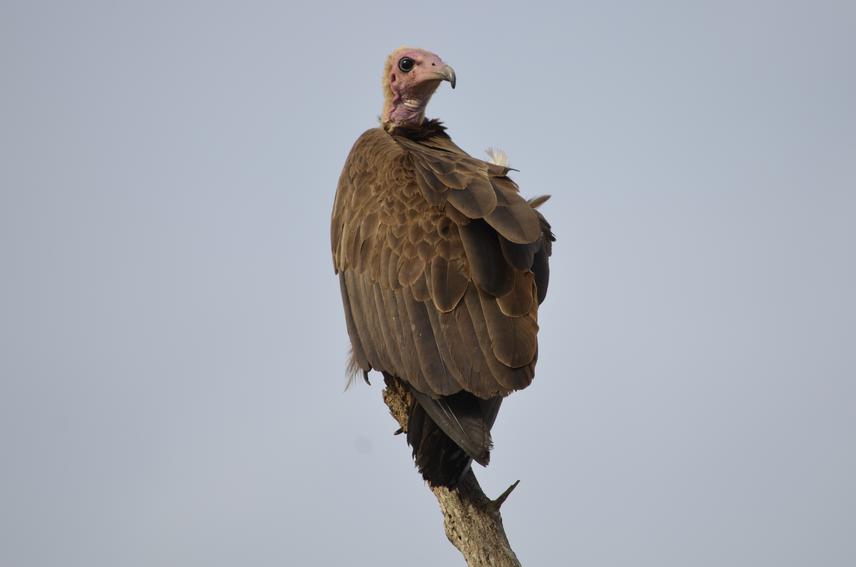Mohamed Faza Henriques Baldé
Other projects
28 Jul 2020
Vulture Conservation in Guinea-Bissau: Awareness-Raising and Capacity Building Amongst Key Actors to Reduce Major Threats
Develop adapted methodologies for vulture monitoring in the country, assess the status of populations, estimate the ecosystem services provided by vultures, train local staff and conduct awareness actions to promote vulture’s conservation.

Vulture populations face some of the most rapid declines ever recorded for any bird species and are among the most threatened groups of birds globally. As scavengers, vultures play an important ecological role and these declines have serious consequences for humans and the environment. In the African continent some large declines are known and some of the underlying causes are identified. Nevertheless, for many areas and countries, as is the case for Guinea-Bissau, virtually nothing is known on vulture population status, trends and threats, hampering the development of adequate conservation strategies.
Guinea-Bissau is home to 5 vulture species, most of them listed by the IUCN as globally Endangered. There is an urgent need to establish baseline information concerning population’s abundances and identify possible threats, but also to raise awareness for vulture conservation and their importance as providers of ecosystem services. With this project we aim to develop adapted methodologies for monitoring in the country, assess the status of populations by gathering baseline data on the abundance and distribution of all vulture species throughout Guinea-Bissau, and estimate the importance of the ecosystem services provided by urban vultures. Local staff will be trained in monitoring techniques and awareness actions will be conducted to promote the importance of vulture conservation. These objectives will be translated in several activities such as the trial of several census methods, conduct transects and point-counts across the country, study the activity patterns of the Hooded vulture, investigate current threats and potential decline factors by conducting interviews, and promote awareness by designing and producing communication materials, promote talks and presentations and delivering local radio interviews.
This project will directly benefit 4 of the 5 species of vultures occurring in the country, of which three are listed in the IUCN Red list as globally Endangered, and one is listed as Vulnerable.
The results of this project are expected to improve available overall knowledge on vultures in West Africa, guide conservation strategies in Guinea-Bissau and highlight the importance of vultures as key-species both in natural and urban ecosystems.